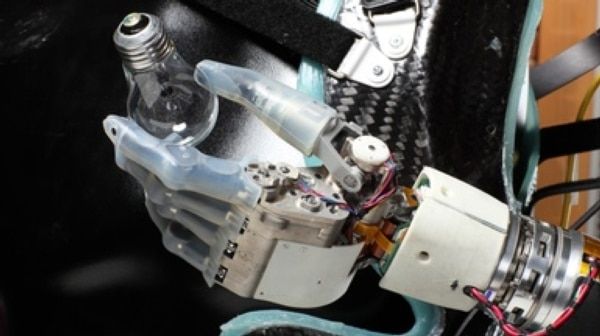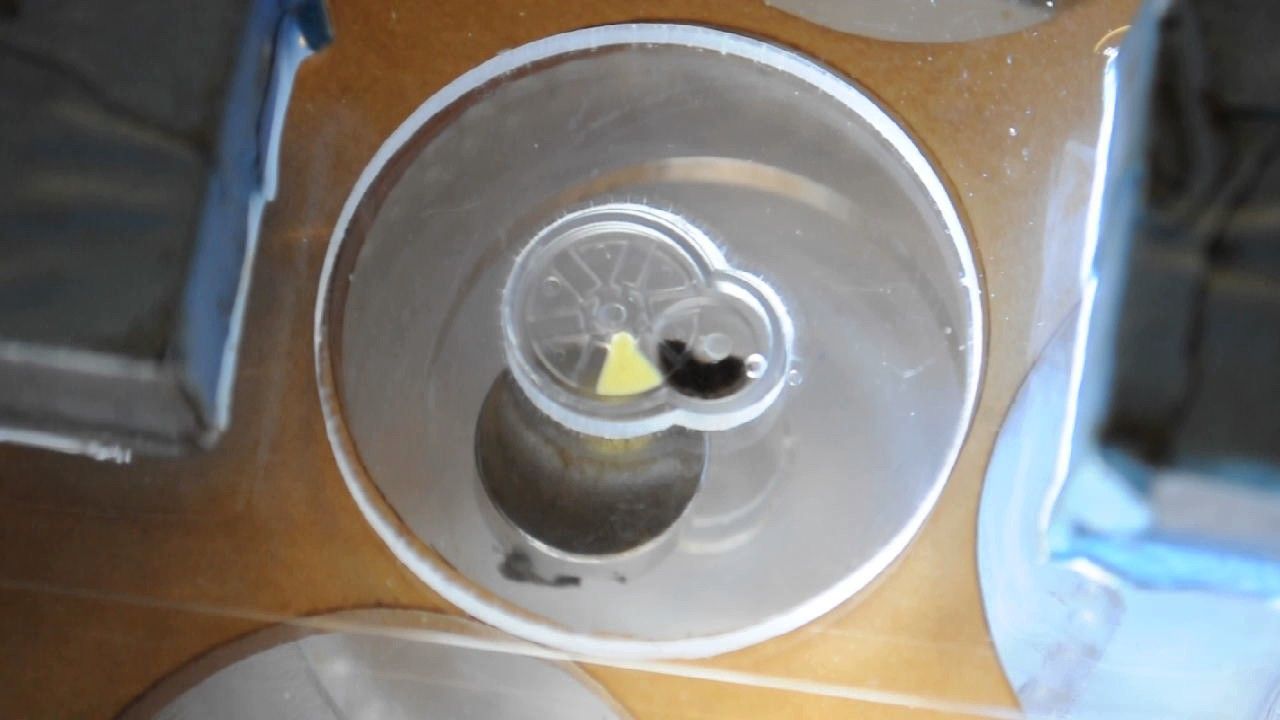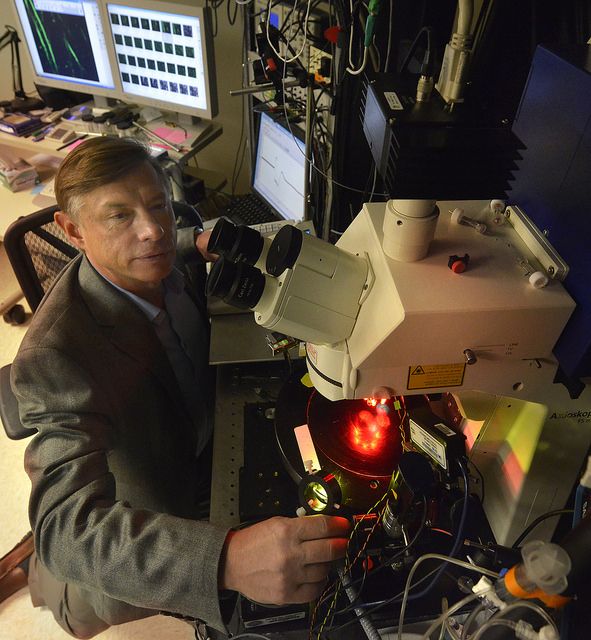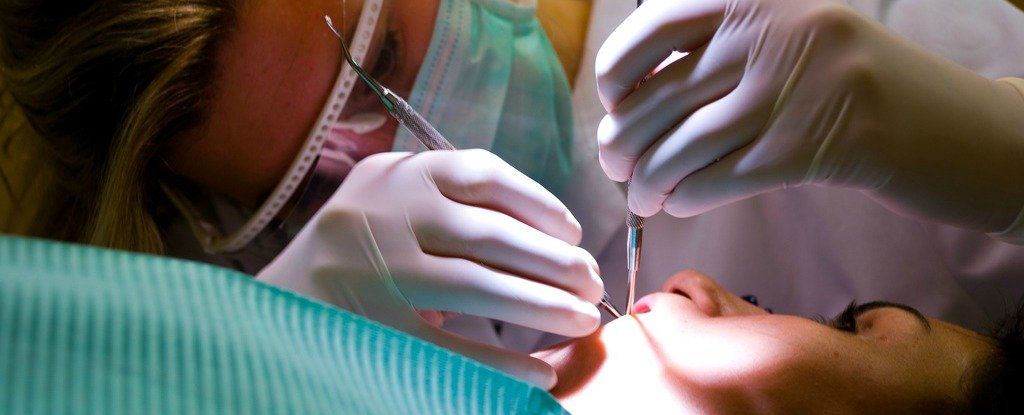Jan 9, 2017
The Army is Testing Genetically Engineered Spider Silk for Body Armor
Posted by Klaus Baldauf in categories: biotech/medical, genetics
Inserting spider DNA into silkworms yields a tough fabric that’s far more flexible than Kevlar.
Spider silk is one of nature’s toughest substances, similar in strength to the Kevlar plastic found in bulletproof vests but much more flexible. Kraig Biocraft, a company out of Ann Arbor, Michigan, genetically altered silkworms to produce a fiber that’s similar to pure spider silk. Today, they announced an Army contract to test this so-called Dragon Silk for possible use in body armor.
There’s a reason that silk from worms is cheap but you can’t buy pajamas made from spider fabric: spiders are territorial and cannibalistic, which makes farming them for fabric production almost exorbitant.
Continue reading “The Army is Testing Genetically Engineered Spider Silk for Body Armor” »


















